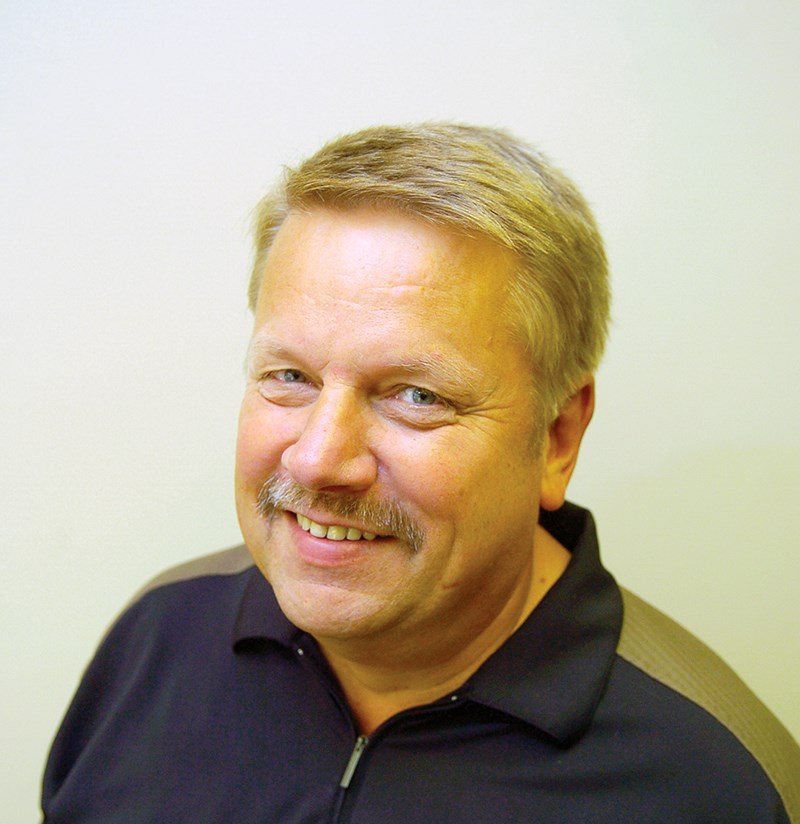Choice is a good thing, isn’t it?
“Choice.” It sounds liberating and desirable. It evokes smiling shoppers squeezing and examining fruits and vegetables, choosing among myriad yogurts, deciding whether or not to make trendy “healthy choices” like kale and quinoa.
Who could possibly be against the liberating freedom of choice?
Well, while choice is good in grocery stores, car lots and appliance stores, it’s not so good in politics, where it’s usually only liberating to a choice few.
When politicians use the word choice, they use it to make an obviously unfair policy sound as liberating as choosing among air fresheners. It’s used as a tantalizing, dishonest euphemism for policies favouring the wealthy.
Those who favour “school choice” (like Green Party leader Andrew Weaver) actually favour public funding of private school options — extra options for those who can afford to pay the other hefty half of private school tuition.
Supporting choice in health care is a dog whistle to the wealthy — it means the opportunity to access private health care by those who can afford it.
Until recently, the B.C. mantle for increasing health care choices has been carried by Dr. Brian Day, who is currently arguing his case before the Supreme Court of Canada.
Most other supporters of private health care have been content to quietly cheer on Dr. Day from the sidelines, knowing that choosing to privatize health care is not a politically popular idea, not a policy to hang one’s hat on.
In our neck of the woods, the most recent “I favour more choice” kerfuffle exploded at last Thursday’s Port Moody-Coquitlam all-candidates meeting when BC Liberal candidate Linda Reimer, the incumbent MLA, openly expressed her support for more health care choice, saying: “I support increased private health care choices for those who can afford it.”
(In a later interview with The Tri-City News’ Janis Cleugh, she walked back the comment slightly: “I didn’t do a good job in explaining that. I fully support our universal health care system, our publicly funded health care system, but I do think that people do appreciate having the choice.”)
Immediately after the gasps had died down, the reaction was fast and furious. People on Facebook and Twitter were outraged. People at Starbucks talked about it for days. It was on the news, between traffic reports and the recipe segment.
As a result of the position taken by Ms. Reimer, former Anmore mayor Hal Weinberg, director-at-large of the Port Moody-Coquitlam BC Liberal riding association, tendered his resignation from the board. “I am completely depressed by the policy Linda Reimer is supporting: a two-tier medical system. This was never discussed at the Liberal riding association and is an example of how that association has no input into policy. Furthermore, I have never seen this policy supported by Christy Clark.”
The idea that some British Columbians might be able to choose only line-ups and waiting lists while others can choose to buy immediate care in private rooms, according to Weinberg, is “not Canada at all, is it?”
Choice is a good thing when one is shopping or deciding among cough suppressants. But beware of politicians who rhapsodize about the importance of increased choice in schooling options, health care options or any other options.
That word coming from the mouth of a politician is a smokescreen designed to bestow special status on wealthier British Columbians.
Jim Nelson is a former Face to Face columnist with The Tri-City News and a retired Tri-City teacher and principal who lives in Port Moody.



